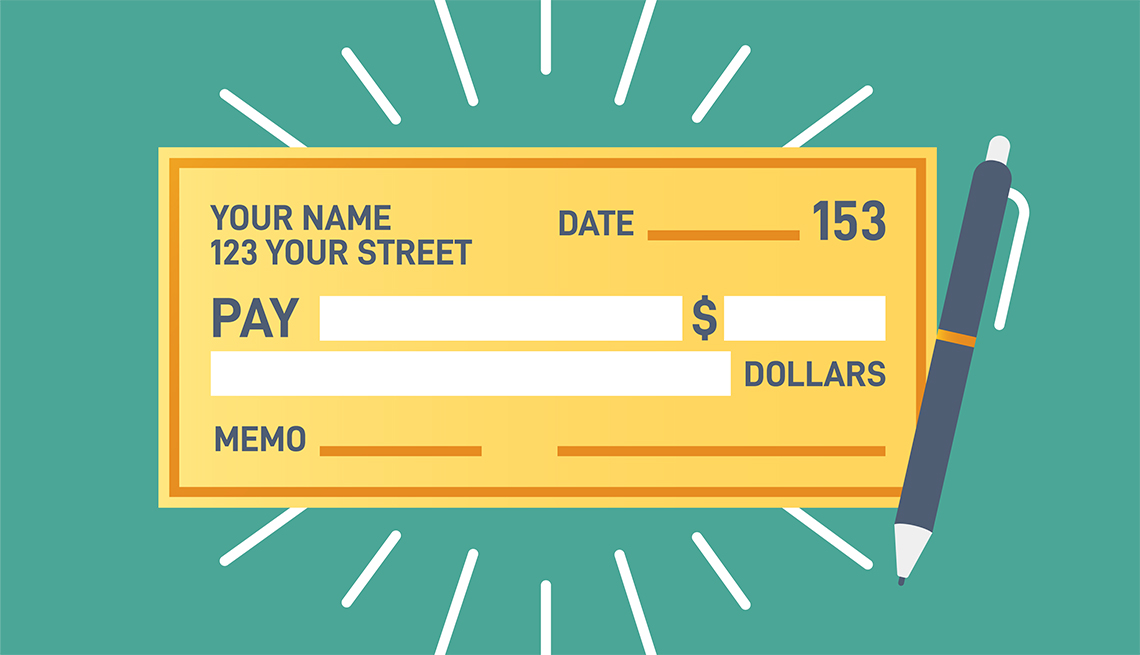
Should you stop using paper checks?
- Select a language for the TTS:
- UK English Female
- UK English Male
- US English Female
- US English Male
- Australian Female
- Australian Male
- Language selected: (auto detect) - EN
Play all audios:
Last month, two men were arrested in Fayetteville, Georgia, after authorities reportedly found 211 pieces of stolen mail in their possession, including 151 personal checks worth almost
$50,000. They’d swiped the stash from a large blue mailbox in front of the Fayetteville post office, according to the Fayette County Sheriff’s Office. The good news is that the bad guys were
caught. The bad news is that this kind of crime is rampant — so much so, it may be time to think twice before using paper checks and opt for alternative ways to send money. The thefts, and
subsequent check fraud, have become a huge problem: Last year, financial institutions received more than 680,000 suspicious activity reports (SARs) related to check fraud, nearly double the
previous year’s 350,000 SARs, according to the Federal Reserve. And that’s while the number of paper checks in circulation has been dropping dramatically. Almost 3.4 billion checks were
processed in 2022, down by nearly half, from 6.4 billion 10 years earlier. “Checks have reached a point where they’re almost more of a problem than a solution,” says Frank McKenna, chief
fraud specialist for the fraud detection company Point Predictive. “I think limiting [the use of paper checks] as much as you can, and using alternatives right now, is a good idea.” Video: 3
Ways to Prevent Check Washing MAIL THEFT ON THE RISE The growing check fraud problem is fueled by a surge in mail theft — from mailboxes and trucks — as well as robberies of carriers. In
all of 2022, 412 U.S. Postal Service letter carriers were robbed on the job; in the first half of 2023, there were already 305 incidents, according to the United States Postal Inspection
Service (USPIS). And after receiving 38,500 reports of mail theft last year, the service has seen 25,000 from just January to mid-May of 2023. The thieves who steal from mail collection
boxes (including personal mailboxes) want the checks, which they alter or “wash” to direct the money — often increasing the original dollar amount — to themselves or someone in their
criminal network. Many stolen checks are put up for sale on the dark web for other criminals to purchase. Those who target mail carriers seek what are known as arrow keys, extremely valuable
among criminals because they’re designed to open multiple mailboxes within a certain area.